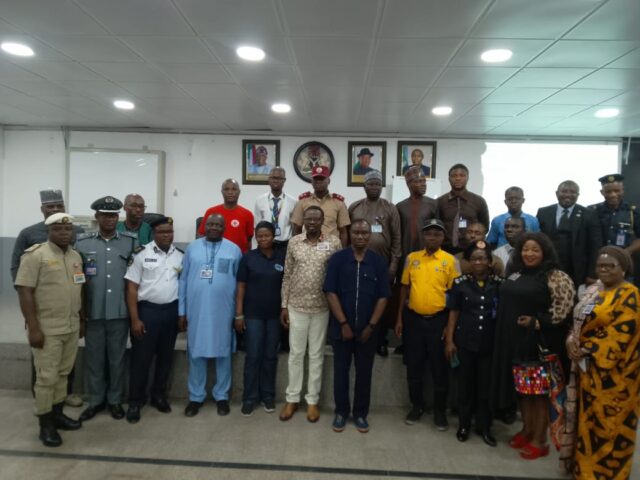NigerianFLIGHTDECK is a leading online news and magazine platform, established in 2010, delivering in-depth business coverage with a distinct focus on aviation and travel. While its name reflects Nigerian and aviation roots, NigerianFLIGHTDECK operates as a comprehensive business media outfit with a global editorial outlook.
Driven by a mission to inform, educate, and challenge perceptions, the platform is committed to balanced, fact-based journalism. It highlights key developments in Nigeria’s air transport sector and their intersections with global industry trends. By bridging the gap between stakeholders and the public, NigerianFLIGHTDECK brings clarity, context, and credibility to every report.


